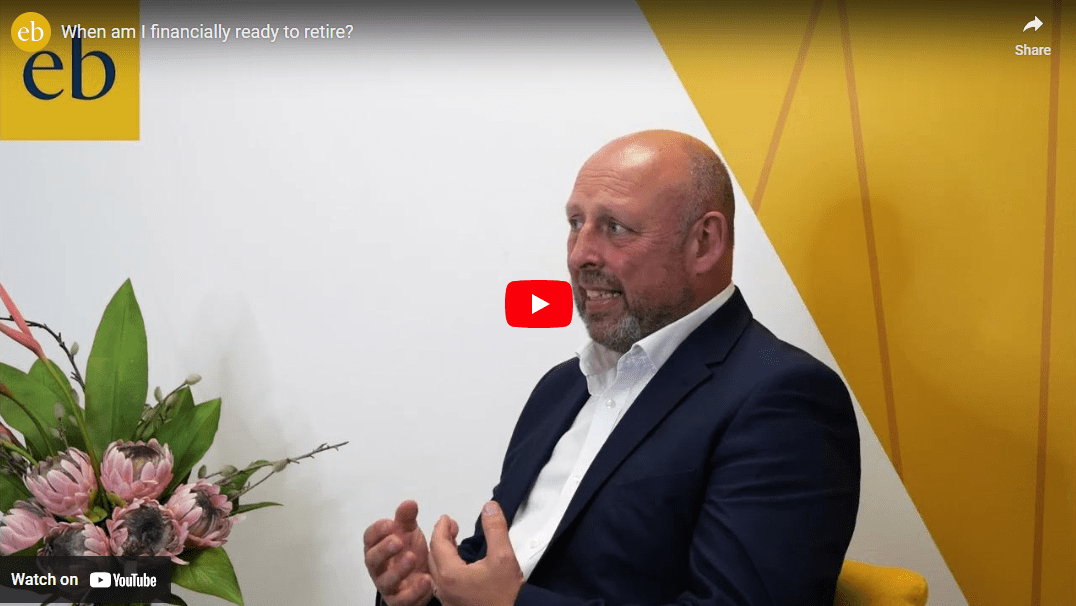The importance of Financial Advice as you reach retirement
https://www.ellisbates.com/wp-content/uploads/2024/08/Screenshot-2024-08-28-120718-1024x575.png 1024 575 Jess Easby Jess Easby https://secure.gravatar.com/avatar/0e2a278e0eef1defdd7ee9d0ae7bb398?s=96&d=mm&r=gAt Retirement – a financial adviser will help you understand crucial options
As you reach retirement age, a financial adviser will explain all the options available to you including
- A secured/guaranteed income approach
- A flexible/access approach
- Staging key financial decisions throughout your retirement
- Identifying any lifestyle gaps
Your adviser’s role is to take the retirement worries away and be your go-to expert for all your financial questions and concerns.

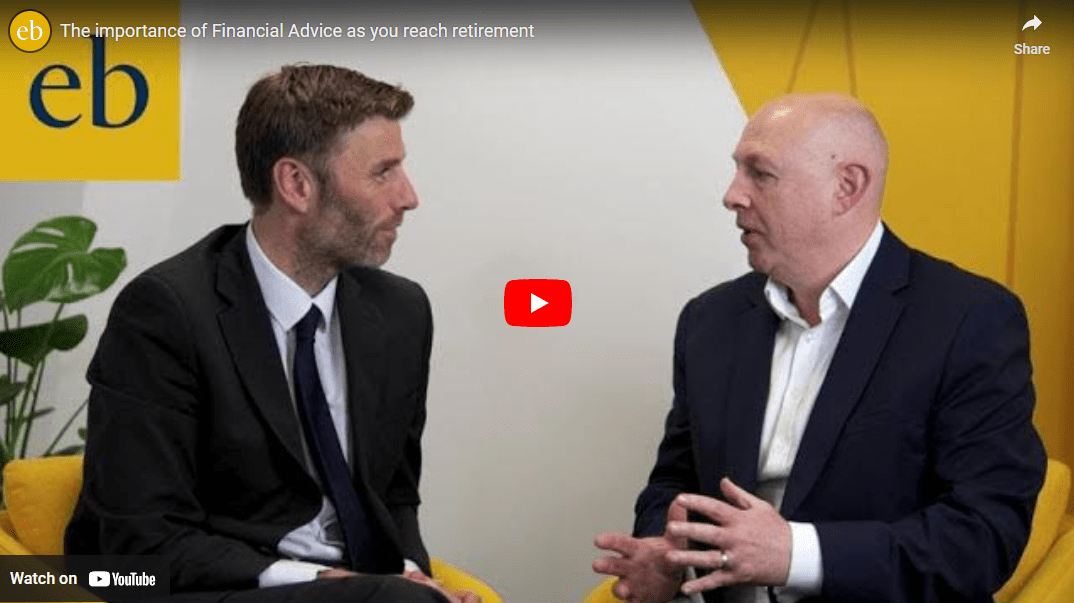



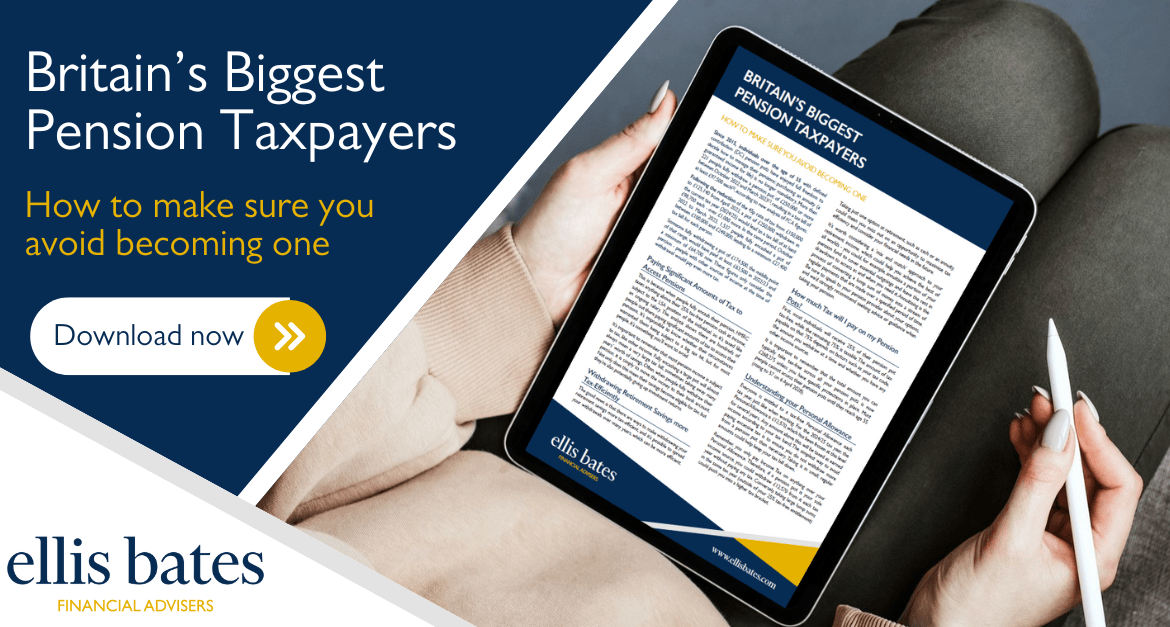
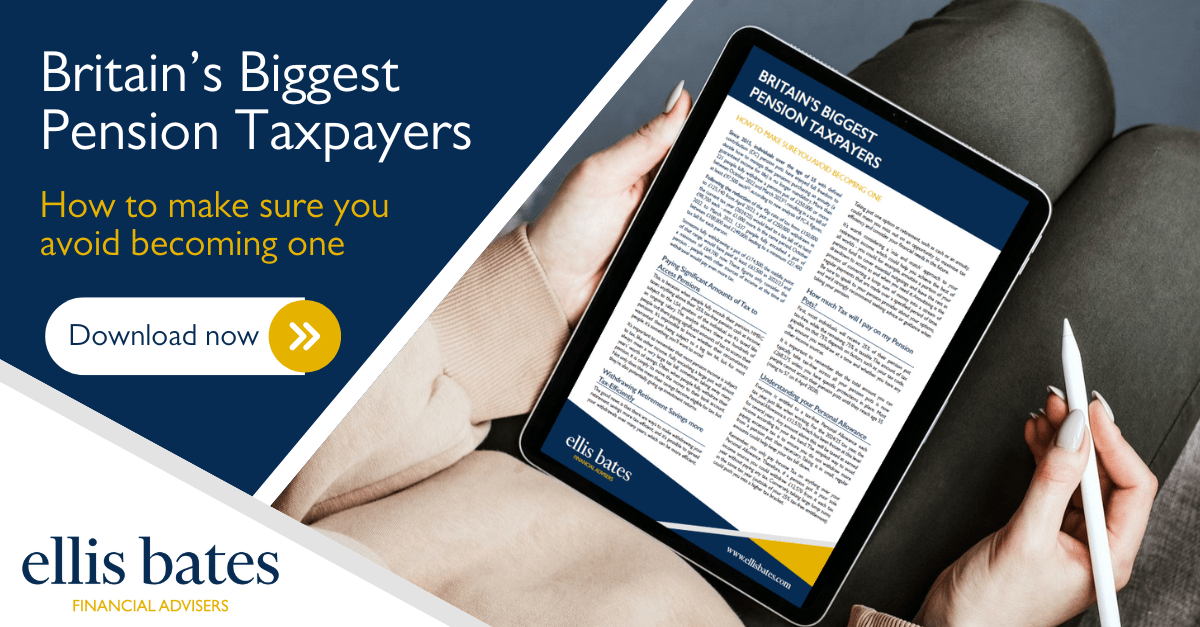


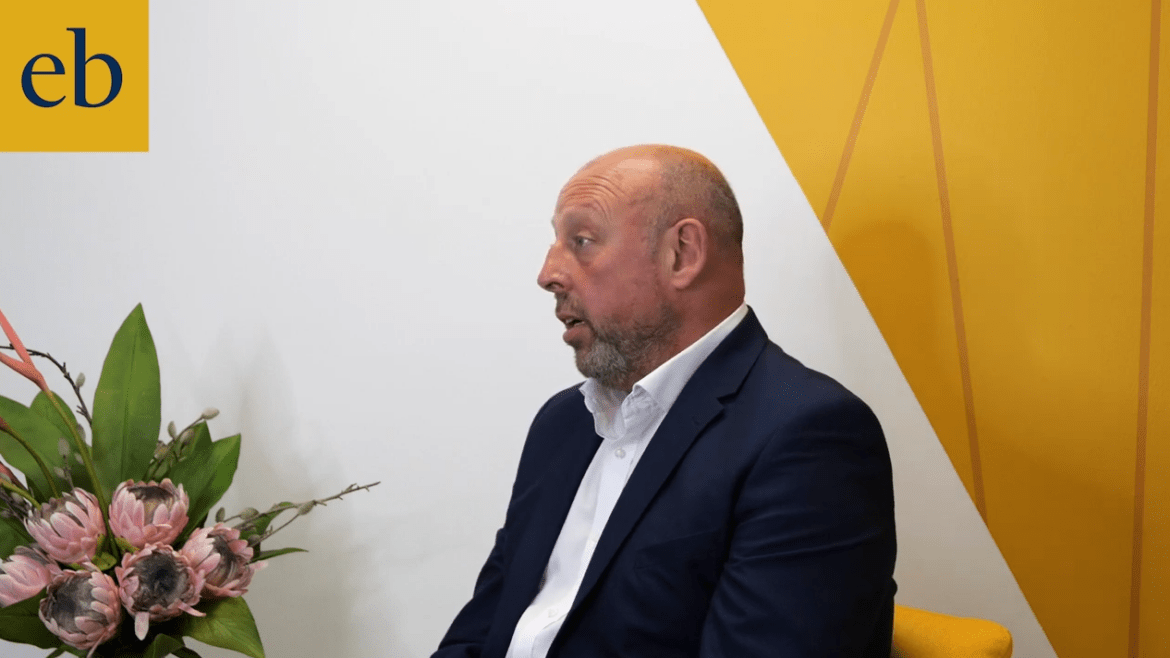
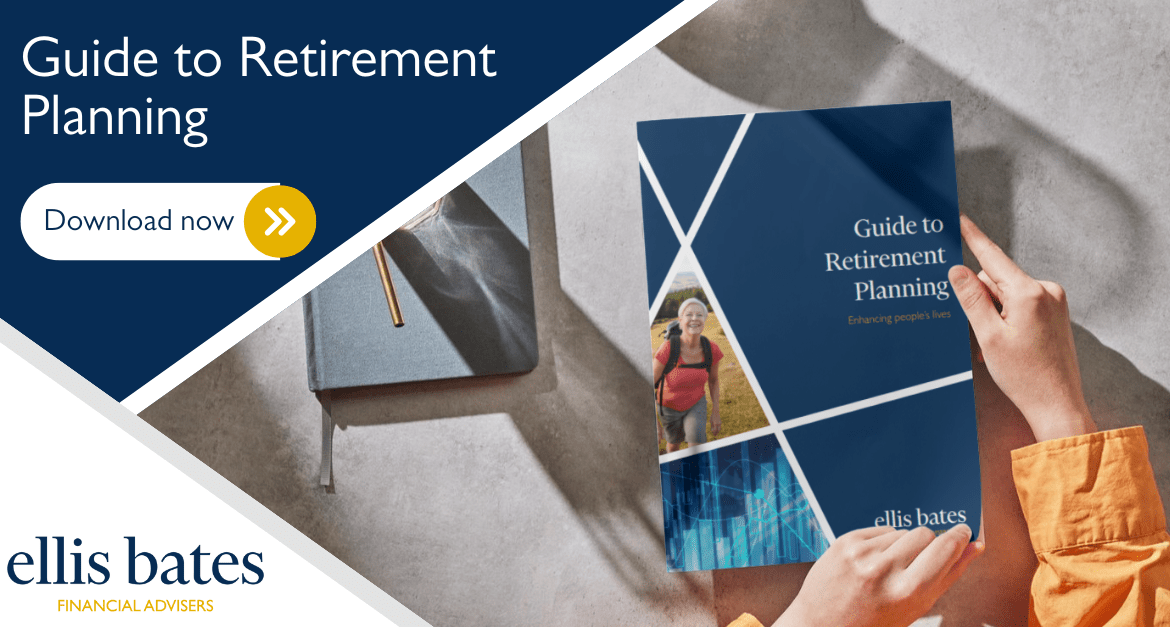
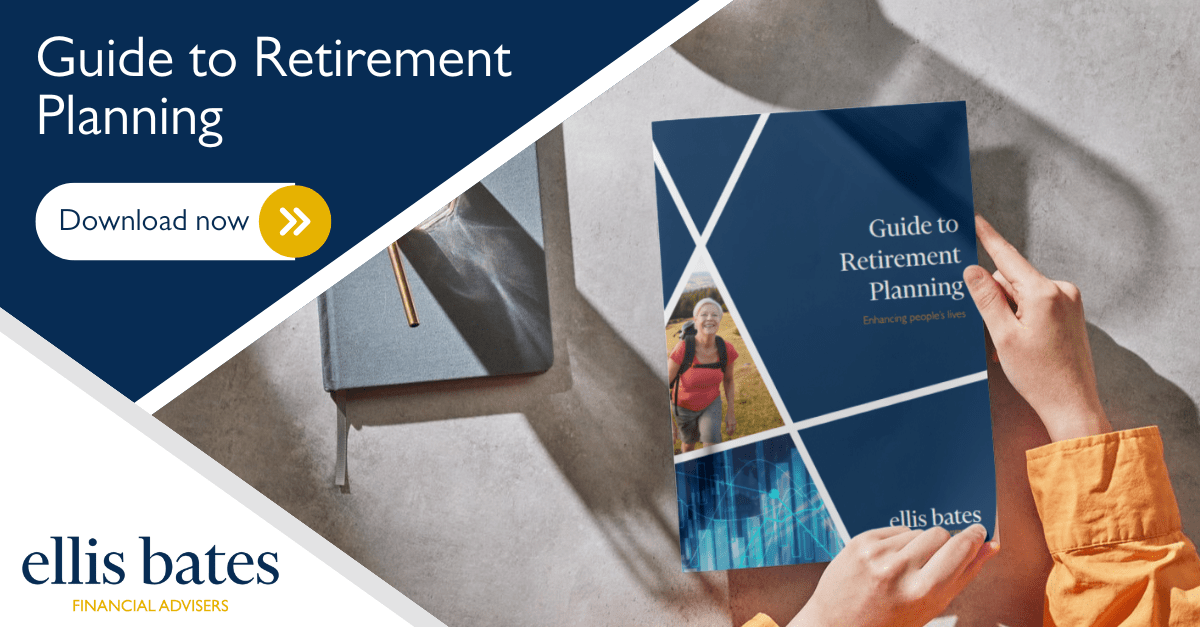

 Living life to the fullest and accomplishing long-held dreams.
Living life to the fullest and accomplishing long-held dreams.